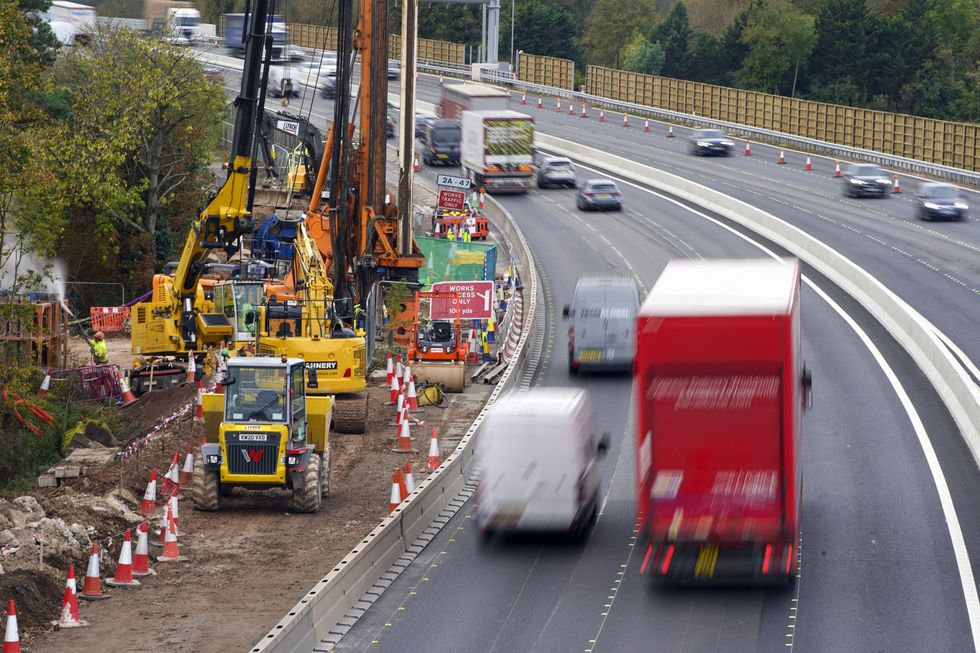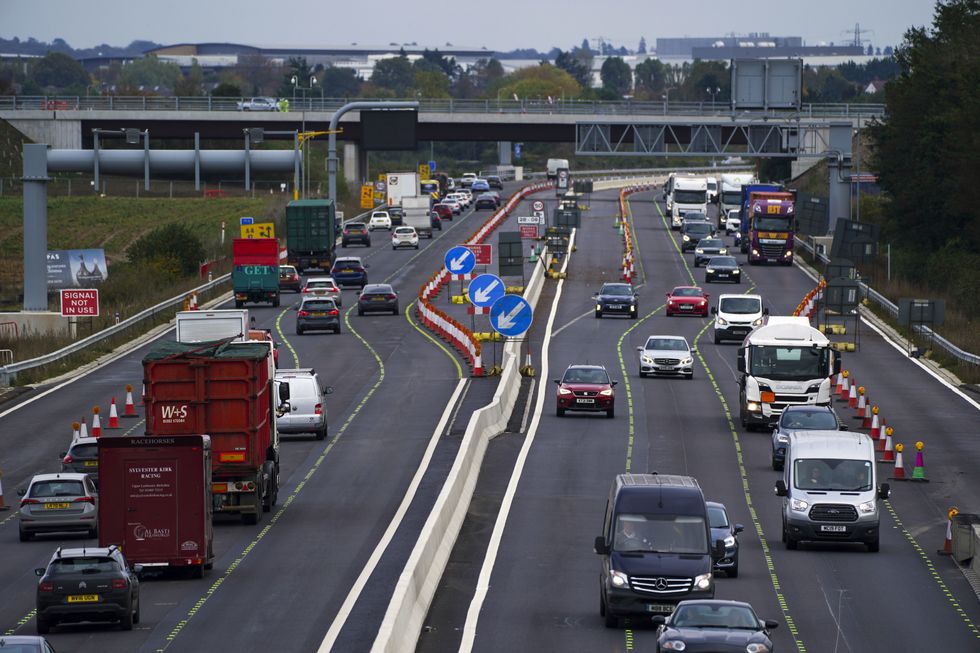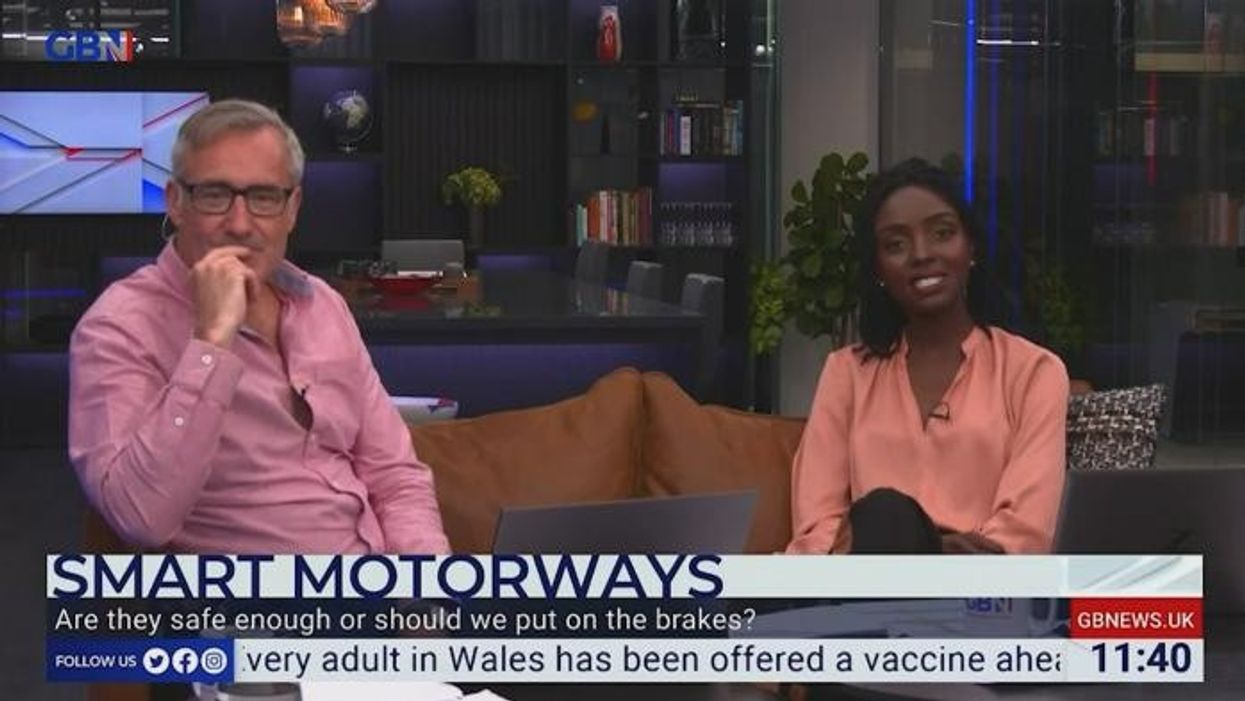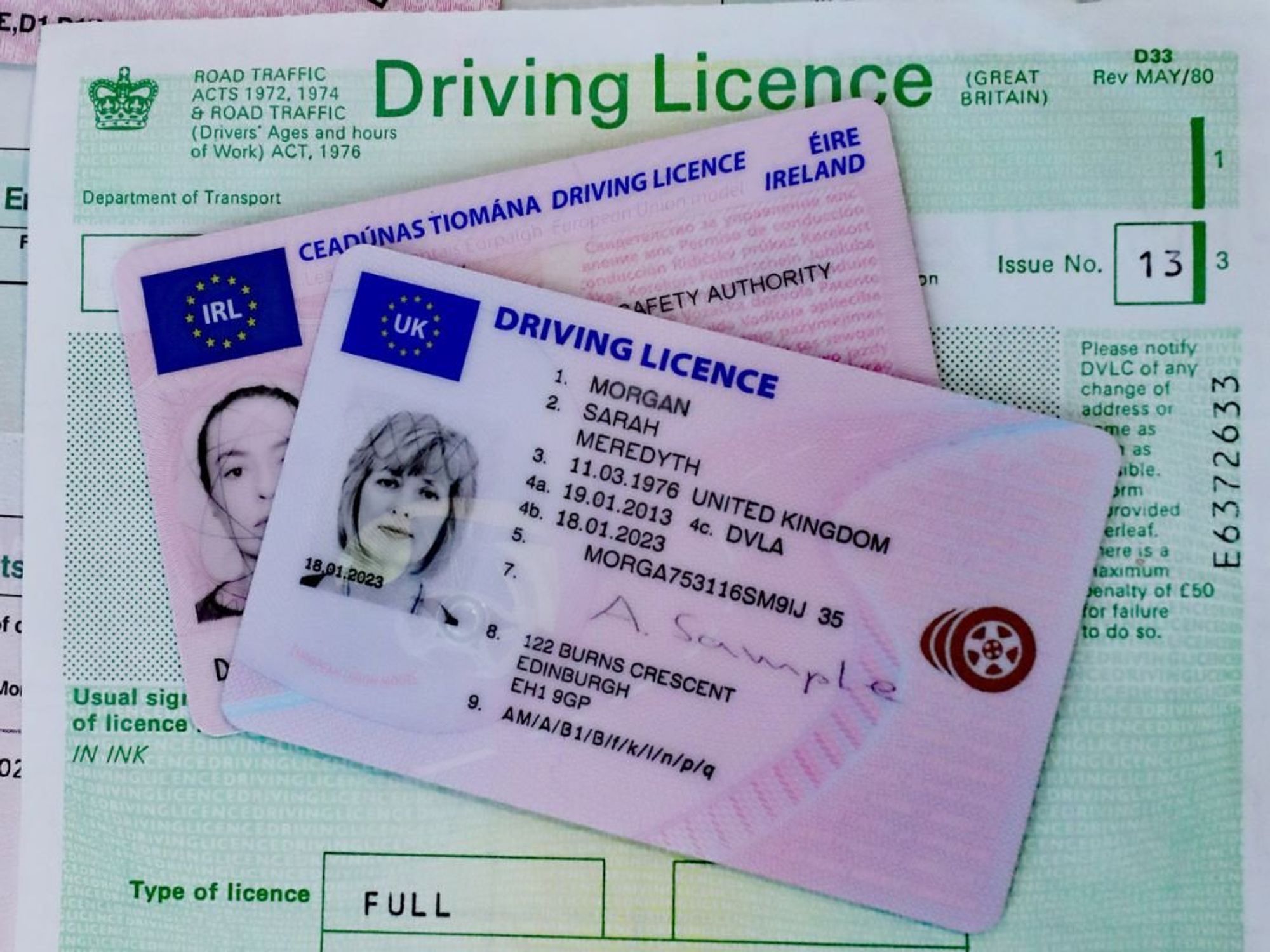Smart motorways labelled ‘no longer safe’ for drivers as system experienced daily power cuts

National Highways experienced 174 power outages
Don't Miss
Most Read
Smart motorways have been considered “no longer safe” for drivers after reports revealed major safety concerns with the technology operating them and numerous power failings.
Despite the Government scrapping plans to build more smart motorways across England, the ones which are still in operation continue to cause traffic chaos and danger to motorists.
According to a BBC report, it found details of “hundreds” of incidences involving the traffic system with one officer who works with the network warning that he “no longer considers it safe” for public use.
Smart motorways use traffic management methods to increase capacity and reduce congestion in particularly busy areas, but they have repeatedly been criticised by drivers for being dangerous.
Do you have a story you'd like to share? Get in touch by emailing motoring@gbnews.uk

Government scrapped further smart motorway roll outs
| PAThey span over 193 miles of road but lack a hard shoulder, which leaves drivers vulnerable to accidents and in emergency situations, give them nowhere to safely stop.
To combat the safety concerns, National Highways said it would install over 30 emergency areas along the smart motorway strip but drivers are still not convinced.
The Smart Motorways Kill group founded by Claire Mercer whose husband was killed on the smart motorway, has been campaigning for their total removal ever since.
The group has raised almost £40,000 in crowdfunding to bring legal action against the creation of the controversial roads.
A Freedom of Information requests by Panorama found that between June 2022 and February 2024 there were 397 incidents of power outages along the smart motorway.
During these blackouts, if a driver was in an accident or a vehicle broke down, getting help out to them would be more difficult.
The FOI also revealed that for five days in July 2023 there was a complete shut off with no signal, camera or radar at junction 18 on the M6.
Later on in September 2023, there was another failure at junction 22 of the M62 which lasted for five days.
In December 2023, during the busy holiday period there were several issues with power.
National Highways revealed there were no signs, signals, sensors or CCTV for roughly three days at junction 6 on the M5.
However the problem since then has only gotten worse with the FOI detailing how in the lead up to February this year, 174 power outages were recorded, spanning to nearly one a day.
The longest power cut was at junction 14 on the M4, which had no signals or sensors for a whopping 11 days.
LATEST DEVELOPMENTS:
- Tesla announces major Supercharger changes to slash prices for all electric car owners across the UK
- Driving licence changes could be 'an effective measure' to reduce accidents and restrict younger motorists
- Chinese electric vehicles pose 'very real threat' to UK drivers as MP warns of security threats

Smart motorways flagged as dangerous for not having hard shoulders
| PAIn response, Andrew Page-Dove, National Highways operational control director, said: “Safety is our highest priority and our motorways are statistically some of the safest in the world, but there is still work to do as every death is a tragedy and every serious injury a life changed. We need to help everyone feel confident when using smart motorways.
“They were introduced to provide extra capacity on some of our busiest and most congested sections of motorway, and the latest data shows that, overall, in terms of serious or fatal casualties, smart motorways are our safest roads.
“We are taking action to close the gap between how drivers feel and what the safety statistics show by increasing the number of emergency areas, delivering education campaigns, and improving the resilience of our operational technology systems.”











